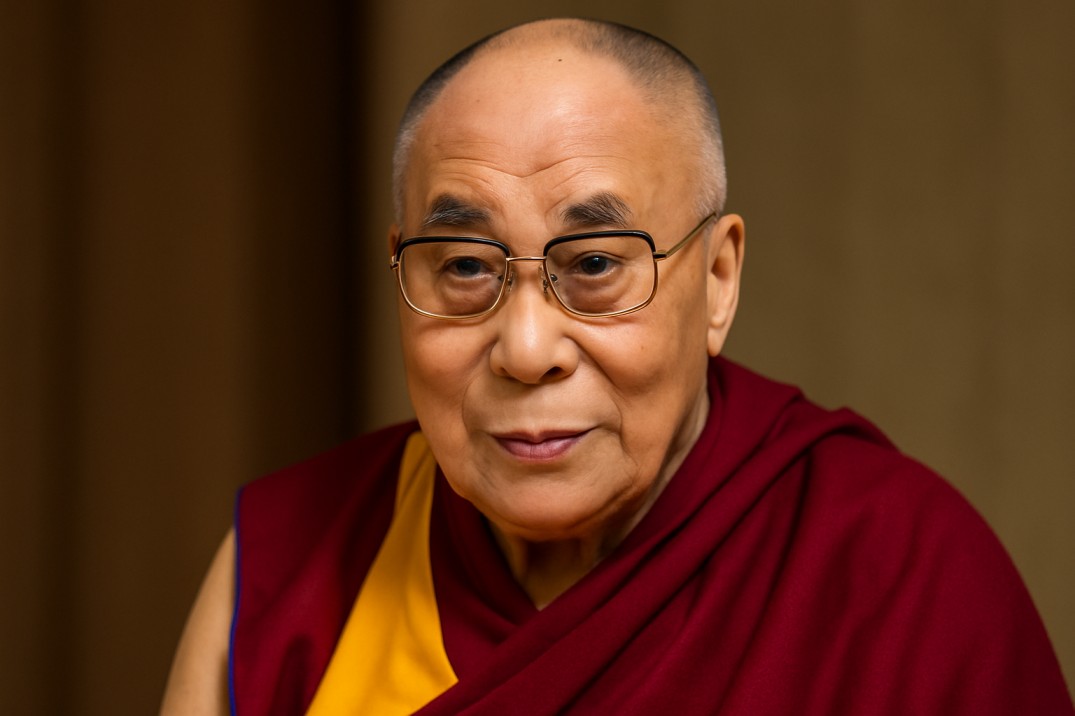Russian President Vladimir Putin was given a grand welcome with a 21-gun salute on Thursday after arriving in old ally Vietnam on a trip that is likely to be promoted by Moscow as more evidence of the West’s failure to isolate him over the invasion of Ukraine.
Presiding over the ceremony was Vietnam’s new president, To Lam, and not the Communist Party chief Nguyen Phu Trong, due to the latter’s ailing health.
The two presidents saluted their countries’ flags before inspecting the guard of honor, who cheered “We wish the president good health!”
In later talks, Lam congratulated Putin on his re-election and praised Russia’s achievements, including “domestic political stability,” Reuters reported.
The Vietnamese president told a press briefing that both Vietnam and Russia were committed to the principle of “not forming alliances nor agreements with third parties to take actions that harm each other’s independence, sovereignty, territorial integrity and fundamental interests.”
Putin arrived in Hanoi in the early hours from Pyongyang, where he and North Korean leader Kim Jong Un signed an agreement that pledges “mutual assistance in the event of aggression” against one of them.
He was met at Hanoi’s airport by the head of Communist Party’s external affairs commission and a deputy prime minister in a much more low-key reception compared with the lavish fanfare laid on for him in North Korea.
No major agreement is expected during the Russian president’s 24 hours in Hanoi but he’s scheduled to meet with, besides President To Lam, the general secretary of the Communist Party, the prime minister and the National Assembly’s chairman.
Putin, who has been on a U.S. sanction list since 2022 for ordering the invasion of Ukraine, is also wanted by the International Criminal Court, or ICC. Vietnam is not a member of the ICC and so is under no obligation to act on its arrest warrant.
“Few countries now welcome Mr. Putin,” Australian Ambassador to Vietnam Andrew Goledzinowski wrote on social media platform X in a rare post by a foreign envoy. “But he needs to demonstrate that he is still a ‘world leader’. So Vietnam is doing him a huge favour and may expect favours in return.”
No nuclear power, for now
Ahead of his arrival in Hanoi, Putin praised the close ties between the two countries, who he said share “the same, or similar approaches” to current issues on the international agenda.
“We are grateful to our Vietnamese friends for their balanced position on the Ukrainian crisis and for their desire to help find tangible ways to resolve it peacefully,” he wrote in an article on Vietnamese Communist Party’s mouthpiece Nhan Dan.
Hanoi has declined to denounce the Russian invasion of Ukraine and did not take part in last weekend’s Ukraine peace summit in Switzerland, to which Russia was not invited.
The Russian president said that trade and investment, especially in the energy industry sectors, were the two governments’ priorities.
Russia’s State Atomic Energy Corporation Rosatom is “ready to help Vietnamese partners develop their national nuclear power industry,” he said.
Russia maintains a strong global influence in nuclear power and is the world’s leading exporter of nuclear power plants.
Yet Vietnamese Prime Minister Pham Minh Chinh told Rosatom’s Director General Alexey Likhachev on Wednesday that his country “has not had any policy to return to developing nuclear power but will continue to research and consider nuclear energy as an important solution to achieve net zero emissions by 2050,” according to the Vietnam News Agency.
Hanoi shelved a plan to build its first nuclear power plant in 2016, citing lack of resources and concerns of safety.
Rosatom, however, is helping construct a nuclear science and technology research center in the southern province of Đồng Nai.
Putin’s visit is generally seen as symbolic and could help strengthening interactions in traditional areas such as economy and investment, science and technology, education and training, culture and tourism, and also defense and security.
Vietnam is one of the largest buyers of Russian arms and still relies on Moscow to maintain and upgrade its arsenal but no contract signing is envisaged during the visit.
Russia is a traditional ally and supported Vietnam throughout the Cold War but the dynamics of the relationship have changed as Vietnam adopts a new multilateral, diversified foreign policy that enabled it to forge new partners such as the U.S. and Japan.
“Russia will never again be a strategic partner for Vietnam. Moscow has chosen a different partner and a different strategic destiny,” the Australian Ambassador Goledzinowski wrote, apparently referring to Vietnam’s neighbor China.
Hanoi and Beijing are at odds over their sovereignty claims in the South China Sea, an important waterway shared by several countries but China claims having historic rights to more than 80% of it.
Russia has maintained a neutral position in the South China Sea and is involved in many oil and gas projects in the region but it has recently voiced support for China’s rejection of “external interference”, or in other words, the role of the U.S. and its allies, in the region’s maritime disputes.
Edited by Taejun Kang.



